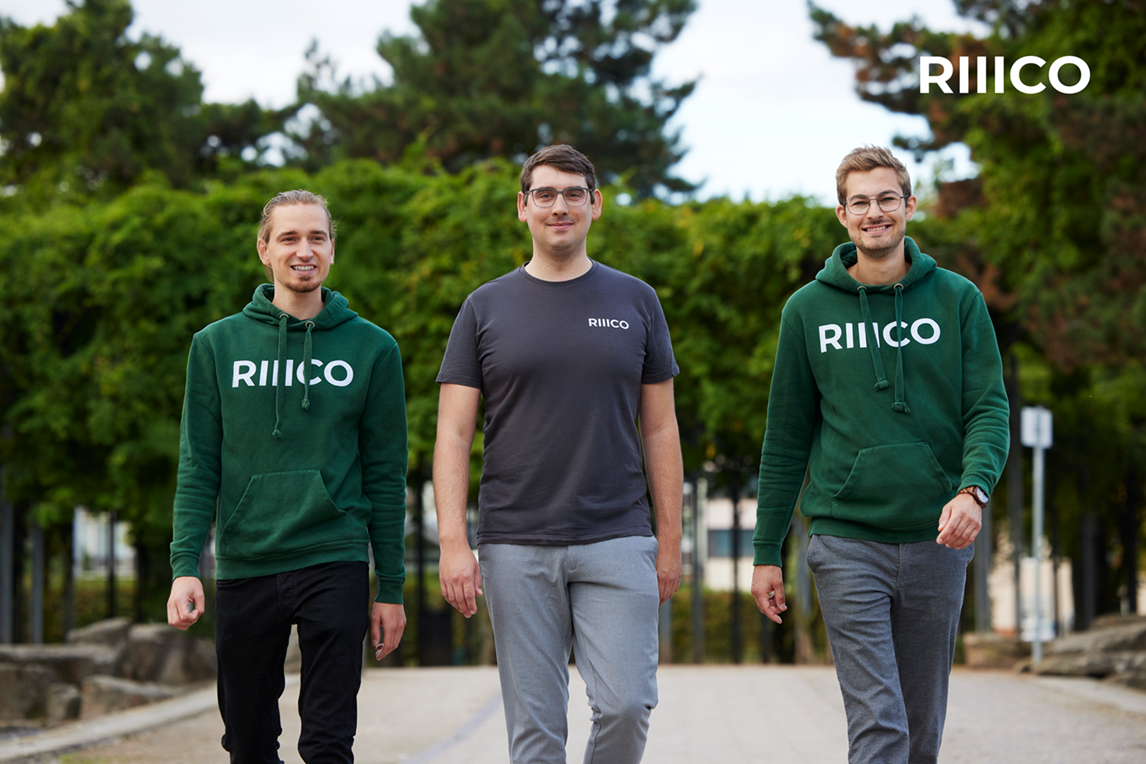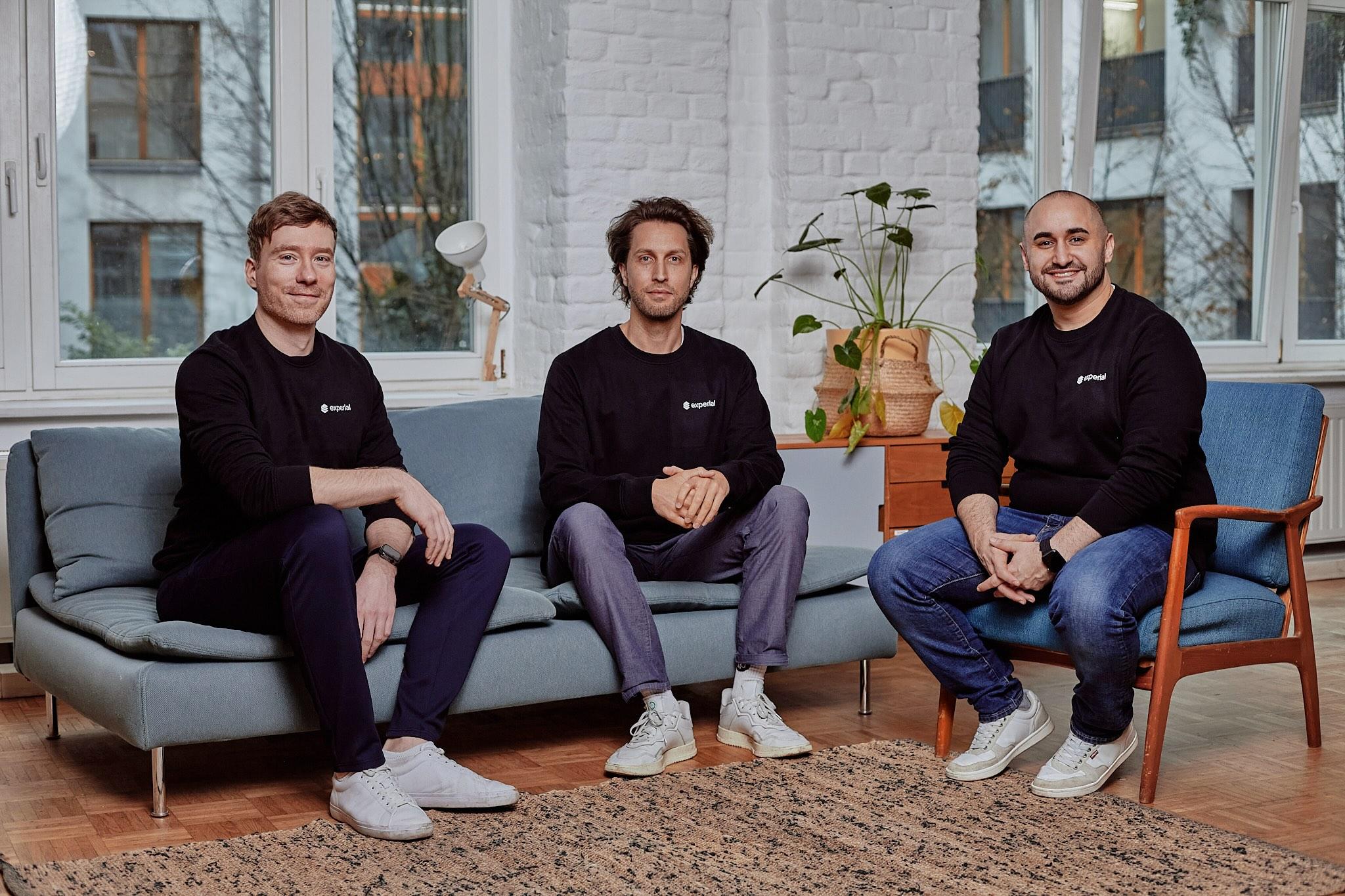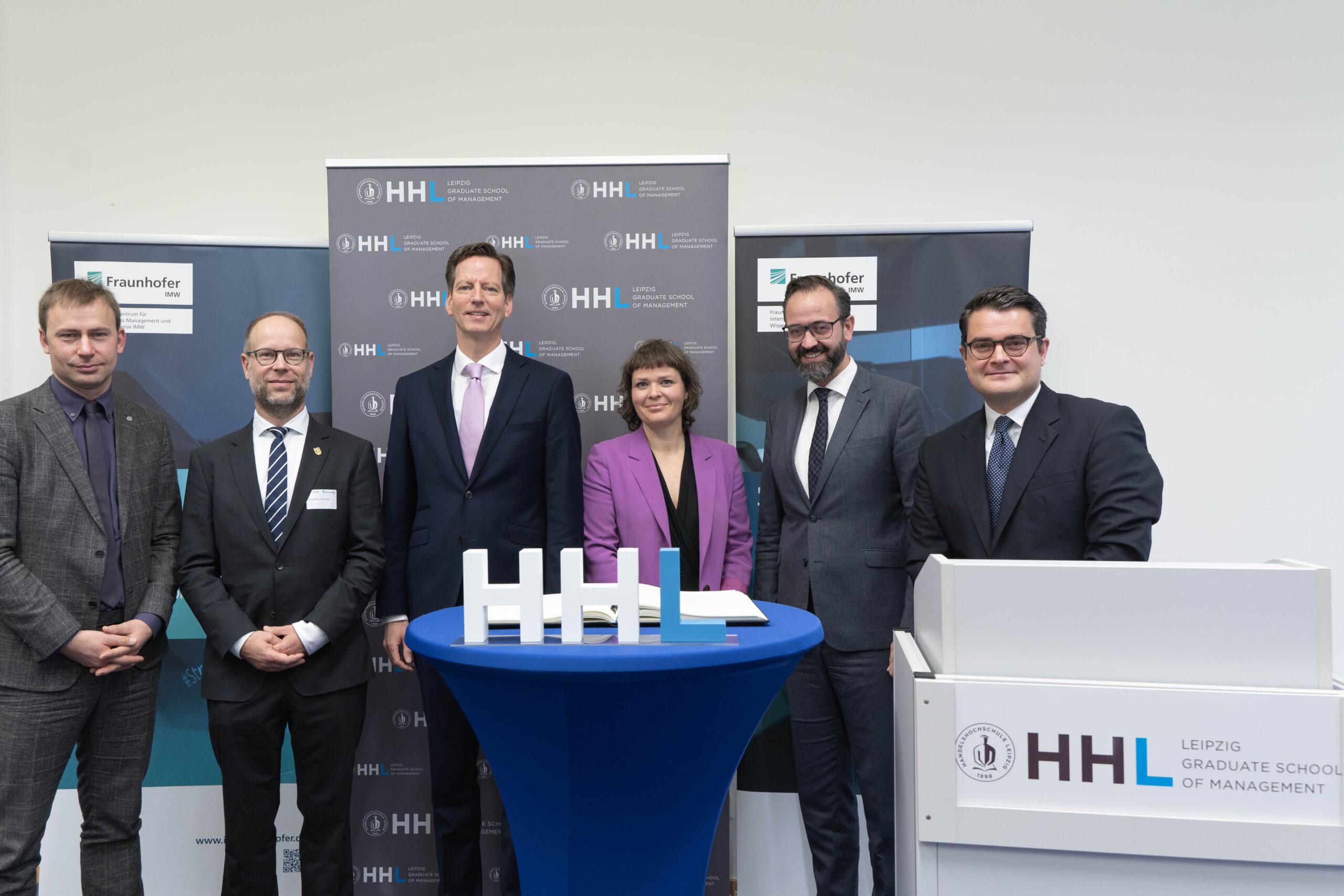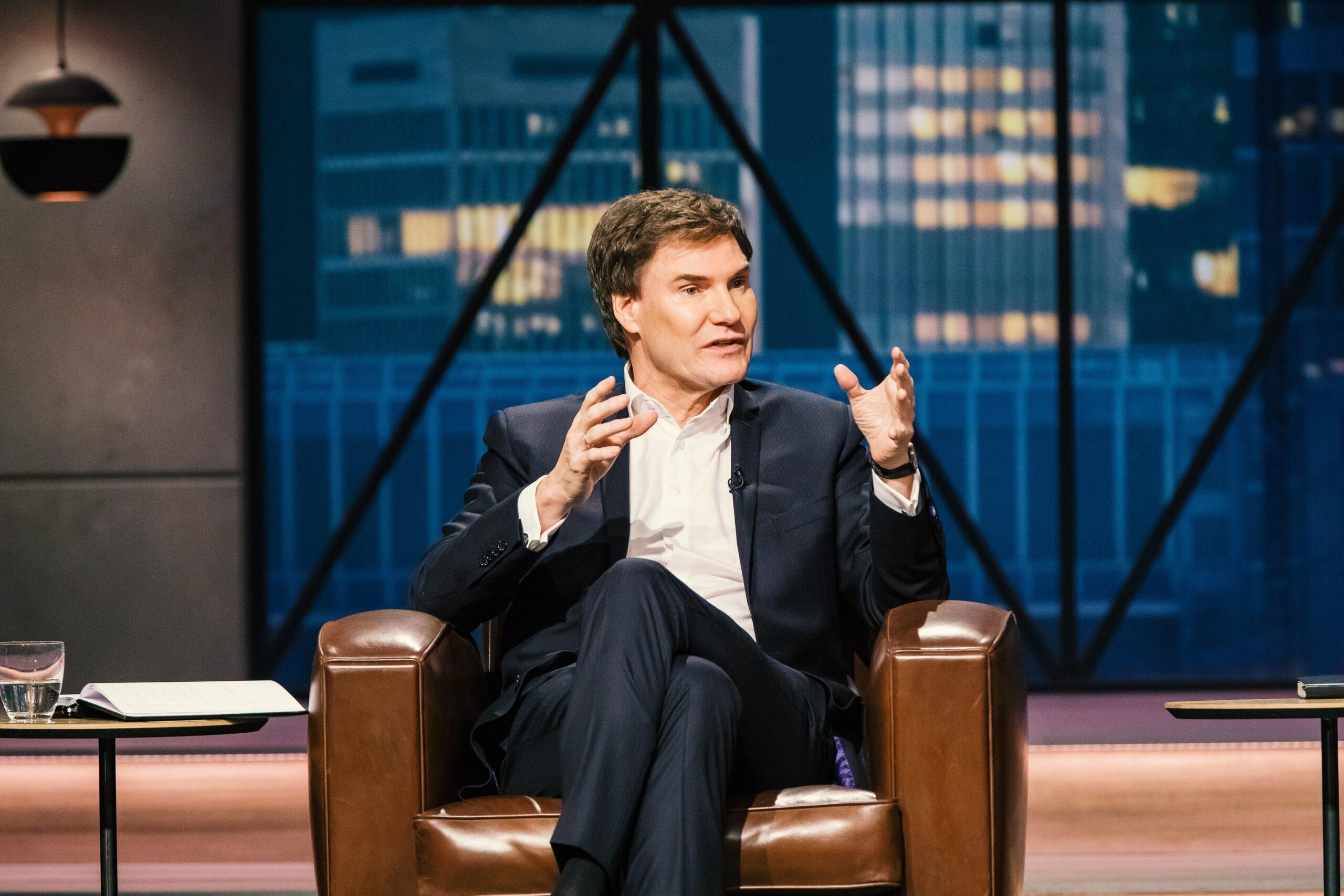How much show must there be?

On the one hand, founders practice omnipresence and savvy personal branding, while on the other, smart ideas fail due to a lack of (self-)selling talent. Our guest author Bettina Engert writes on the question of how much mission awareness founders need and when self-promotion becomes an end in itself.
The publicity drive of start-up founders has increased dramatically in recent years. In addition to the financing round staged as effectively as possible in the press, podcasts, conferences and the like also offer the appropriate space all year round to push the founder's ego and, ideally, their own company. Large-scale self-promotion can have a positive impact on brand building, recruiting and, last but not least, the company's valuation at virtually no cost.
Thanks to traditional media, the founder label is also popular with the general public. For years now, founders have been pitching on TV during prime time and experiencing a growth spurt for their company - at least in the short term. Nowadays, well-known start-up faces adorn magazine covers and even make TV commercials for moisturizers. From a certain level of visibility, a book about one's own success - often with a German-English title mix - is almost commonplace in the scene. The brand development of the founders is reminiscent of showmen or footballers, their omnipresence makes even politicians envious.
For some outsiders, the excessive personal branding quickly gives the impression that it is primarily about financial self-interest. The original motivation for founding a start-up, to create something new - and ideally useful - for society, or at least jobs, seems to fade into the background. The cult of personality surrounding start-up founders is not only applauded outside the bubble. Skeptics are quick to throw irritating topics such as WeWork, Theranos or Wirecard into the criticism pot.
Thanks to a few omnipresent influencers, a completely new relevance has emerged for the entire industry.
Bettina Engert
The trend towards lifestyle start-ups is also much criticized. Whether in your CV, Tinder profile or now on TikTok, "founder" simply looks good in your bio. Although the number of registered start-ups in Germany is stagnating, the number of start-up CEOs on social networks seems to be increasing by leaps and bounds. With a visionary headshot, the right number of followers and the corresponding sense of mission, real start-up success often only plays a secondary role here. If you look behind the scenes, the reach of posts and measurable sales growth tend to be inversely proportional for some of the LinkedIn-savvy founders.
But what complainers and envious people often forget: Thanks to a few omnipresent influencers, a completely new relevance and opportunity for co-design has emerged for the entire industry in the civil service state of Germany. The demands of founders, start-up associations and digital advisory boards - as bizarre as some of them may be - are not only being heard by the public and politicians, but are now also being taken seriously. The promotion of start-ups and their creators is no longer just a nice-to-have in the political discussion about Germany's future, but an absolute necessity. This makes it easier to get over the odd superfluous podcast in which founders recap their own path to success for the umpteenth time in undisturbed self-reflection.
In this way, they also indirectly help the other type of founder that can be found at relevant universities, incubators and DeepTech conferences: The classic introverted nerds - usually alone or in conspiratorial small groups, but always away from the start-up show stage. VC money and the classic start-up impersonator attitude are frowned upon here. Anything that hasn't been quietly bootstrapped from the Garching student flat share for at least five years is at least suspect.
Instead of working on their LinkedIn profiles, these founders prefer to tinker with smart ideas for complex B2B solutions, which often come to nothing due to a lack of customer interest or funding. Despite the brilliance of his/her idea, the nerd then cites the lack of tech understanding ("the stupidity") of established companies and potential investors as the reason for the failure rather than his/her own fault. However, especially in the early stages, they primarily invest in the founder's personality due to a lack of sales figures. A certain urge for self-promotion would definitely be an advantage here. And what good is the coolest idea if nobody knows about it?
So for nerds motivated to found a company, does this mean "strong appearance, strong chances of success" and LinkedIn rather than Twitch? Yes and no. Even in the world of extroverted self-promoters, the only thing that helps in the long term, apart from your own brilliance and (self-)selling talent, is the viability of your business model. The fear of a future wave of deep tech blenders is therefore completely unfounded. Here - as everywhere else - time will separate the start-up chaff from the wheat. Until then, a little more show in Germany's tech scene is perfectly acceptable.
Personal details: Bettina Engert worked with the founders of FlixBus to develop the mobility provider's communications and has been with Munich-based VC Acton Capital since 2019. She is passionate about promoting young female founders and more diversity in the start-up scene.

Newsletter
Startups, stories and stats from the German startup ecosystem straight to your inbox. Subscribe with 2 clicks. Noice.
LinkedIn ConnectFYI: English edition available
Hello my friend, have you been stranded on the German edition of Startbase? At least your browser tells us, that you do not speak German - so maybe you would like to switch to the English edition instead?
FYI: Deutsche Edition verfügbar
Hallo mein Freund, du befindest dich auf der Englischen Edition der Startbase und laut deinem Browser sprichst du eigentlich auch Deutsch. Magst du die Sprache wechseln?





















